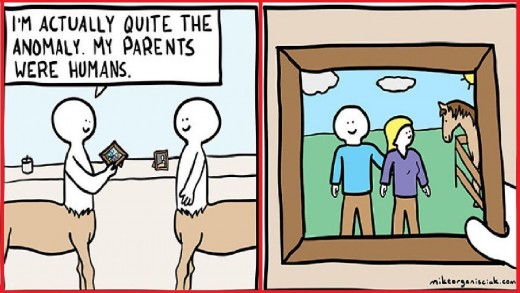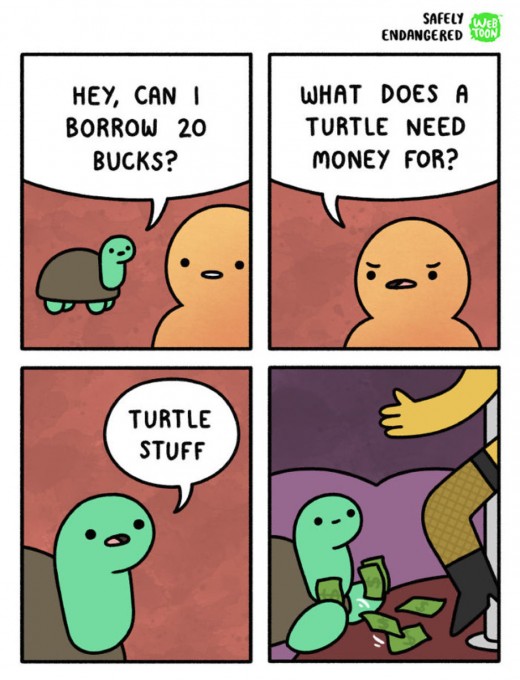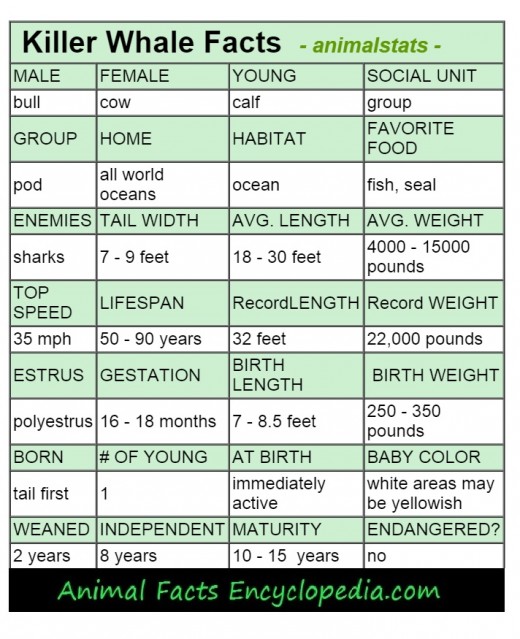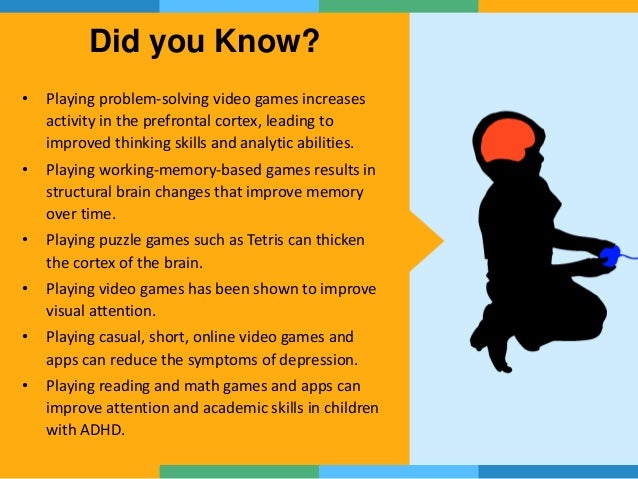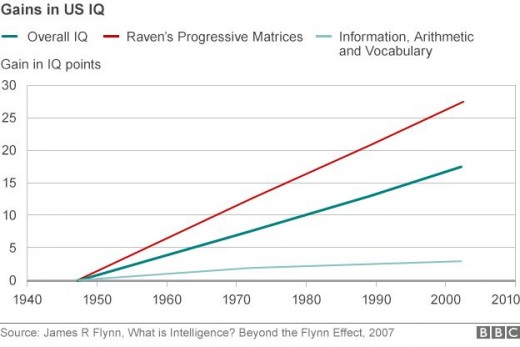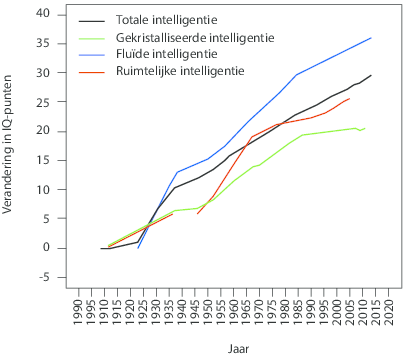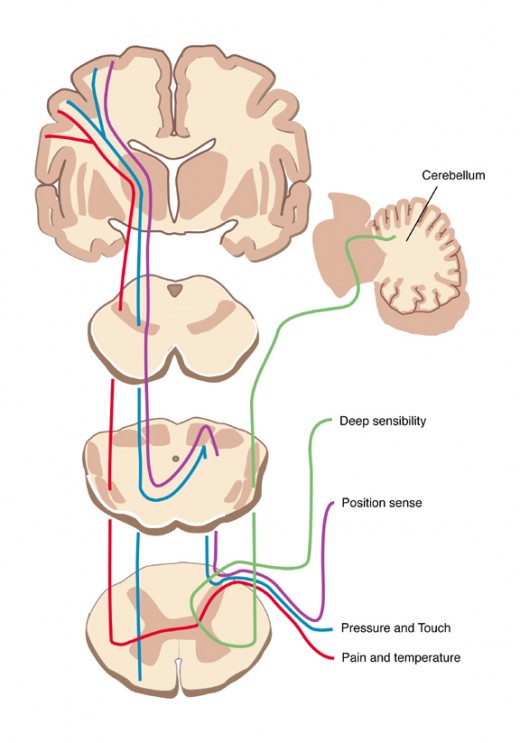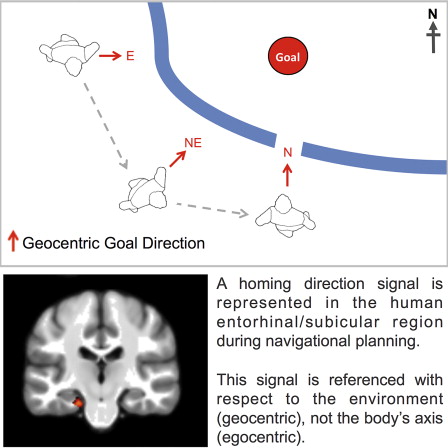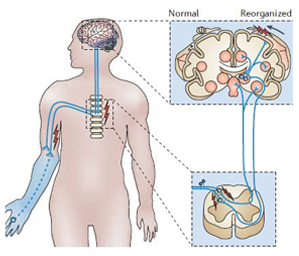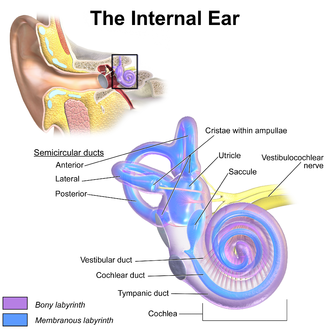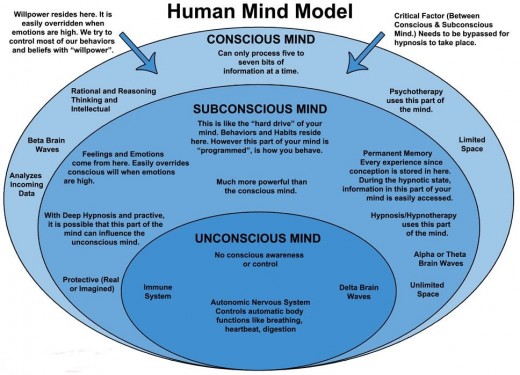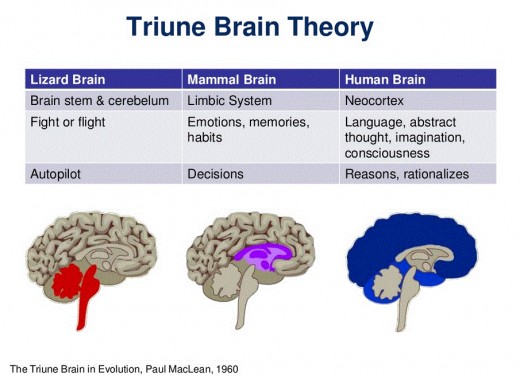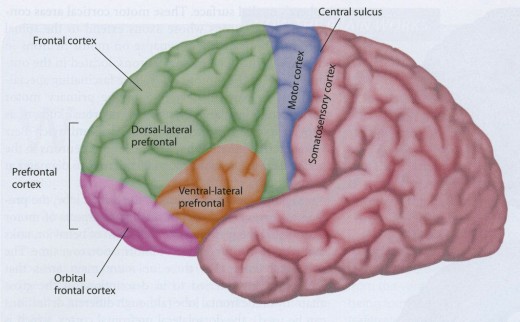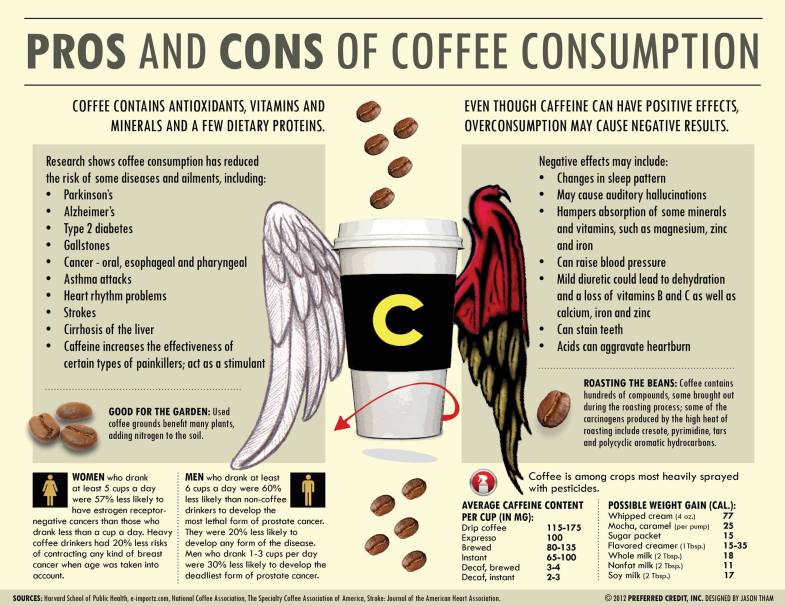The extent of the passage of time is something which we aren’t used to. If you were born 66.4 million years ago in the Paleocene and managed to incorporate immortality, then the world from your perspective wouldn’t be the traditional approach which we, in this century, uphold as a standpoint in our evolution thus far. You would probably view life around you as a phase, and life and death would be an utterly insignificant aspect of life as everything would seem indifferent or boring to you. Needless to say, that would be depressing, but also very interesting. Although you would presumably process time in the same way we do, a century would be regarded to you as a meager day. But what if this were really the case? What would you have seen? Or, for a more inexplicable question: what would you have seen if you lived out the longevity of the human species? The answer is by no means simple, so much so that even the predictability of it is uncertain, so any theory isn’t any more useful than a guess. The reason for this is because the course of humanity as a whole isn’t predictable. There may be one leader who arises in an influential nation and commits acts of prejudice and genocide and may get the whole world involved, or, if the time comes for another world war, the winner may be unprecedented and other nations may collapse. There is especially no way to predict if a natural disaster will happen any time soon either. But what is predictable in the course of our government is the fact that we are becoming more civilized.
Intelligence:
Millions of people are going further into education to the extent where college is a normal thing for kids to attend. According to the Flynn Effect, the average intelligence of first-world country citizens increases exponentially in each generation. In the 1910’s, our average IQ was 70, (today’s mental disability average) now it’s around 100, however in nations such as Ecuadorial Guinea, the average IQ is in the 50″s. If our mental abilities keep growing, then technological laws such as Moores law, (the law that sates the amount of transistors per square inch doubles on each computer chip) which technology companies loosely apply today, wouldn’t apply to the future. We have only assumed the rate of improvement of the technology which we use today. It is impossible to tell how far tech will go if we don’t know what will be developed, hence any hypothesis involving future intelligence won’t be credible, as a hypothesis can’t be made without a reliable observation. What we can see, however, is that intelligence does increase at an accelerating rate, and that our brain masses, density, and folds, increase as well. Intelligence isn’t just about the educational environment which we are exposed to, in fact, it’s around 75% heritable, so only 25% environmentally based. Therefore, since there will always be an advance in new cultures for future generations to learn about and develop, it’s highly likely that your kids will grow up to be far more intellectual than yourself.
Our bodies:
Scientist have said some pretty weird stuff about the possibility of our future appearances, such as: we’ll all have dark skin to protect us from the UV emitted from the sun or that our eyes and fingers will become larger for typing on keyboards and seeing screens. Those all very well may true, that is, if we continue to type on keyboards for an extended time and we somehow loose protection from the sun. There have been other odd claims made by scientists. Some think that we will separate into two classifications of people and the separation will be defined by more capable and taller people with longer arms and bigger brains while the second group would be comprised of very small people who lack in intelligence. There are obviously many problems with this theory as we have experienced no such gap between small and tall people, but what can be reasonably predicted is that our skin color will be darker due to interracial breeding and our eyes and foreheads will be bigger due to increased brain size and more light input.
Culture:
As there is larger access to Americanization, American will presumably continue to be the central nation. All governments center around the U.S, and the U.S influences most other governments. As more countries tend to “marry” their neighboring countries, they envelope each others cultures and hence the quantity of languages and of countries have halved in the past 50 years. As Americanization occurs abroad, we too are effected by the cultures of other natures, and so we slowly make our way into becoming a single, broad nation. Government is certainly no exception; Countries tend to interpret each methodology set by their constitution as something far more ambiguous each year.
Genders:
Traditions of each generation can completely progress or revert, however, it is extremely doubtful that there will ever be any change in our human nature. Instinct will always stay the same, even if we aren’t faced with regular dangers such as being attacked by tigers, we still can sense plain old danger and aggressiveness. Since instinct doesn’t change, there will never be a downfall in “motherly instinct”, and estrogen seemed to increase rather than decrease, so the difference between the genders will always have a sizable gap in such a way that represents us naturally and our bare-bottom instinct. What I mean by this is that estrogen will always cause women to be sympathetic to others and particularly children while testosterone will cause men to be protective, and will cause men to seek out competition, hence inevitably making them strive for strength and a presentation which will cause women to be attracted. The reason that this will not change is exceedingly simple. Your bodies won’t allow you to start producing opposite hormones because that proves risky for your mental and physical health. Various IQ test show that women with more estrogen are smarter than women with more testosterone, and men with more testosterone are more intelligent than men with more estrogen. As society demands more intelligence, it is unlikely that females of the future will become more effected by testosterone or that men will suddenly adapt to having more estrogen. Not only would the changes be significant on children and cause a hormone imbalance (since men already have 10x the amount of testosterone than a women, this would be a significantly detrimental transition to future births) but if the world citizens had suddenly become monotone in hormones, then the population would suffer and families wouldn’t exist.
Environment:
We all know that the environment has several positions to it, but what causes the catastrophes in the environment today is often up for debate. As there has been several fallacies about the extent of the government even presented by NASA itself, it’s safe to say, that unless you work directly with the information, that the passage of the data has long been interrupted with some misunderstood notions. Let me confront some of those here. Is the world in peril danger? No, some people fail to understand that the higher gases, such as carbon, will remain in the atmosphere until it’s filtered throughout the “Goldilocks zone” which helps to protect us for UV rays, but not to keep in heat, as it’s not in our atmosphere. Temperature changes overtime, and that’s natural. Is it anything relative to what climate change enthusiasts and climate change skeptics claim it is like? No. The environment is absolutely something to concern about, but has the temperature increased 20 degrees since 15 years ago, or are the polar ice caps melting? No. the global temperature has increased an average of .5 degrees in the last 1000 years. Before that, it had depressed by 2 degrees and there certainly wasn’t any carbon emitted in the air. As gas companies take it upon themselves to start incorporating electrical appliances, the environment won’t (presumably) be much to worry about. Thermo-nuclear power-plants release steam in the air, so more turbines and machines like that will certainly be more common as more electricity is being needed.
If we cannot define a definite rate of change for human progression, than it’s completely impossible to tell what will be in store for us in the future. All we can do is assume that humanity will not have faced any sudden apocalypse, and therefore, we will have progressed significantly in our intellectual abilities and in our technological performance. We can also assume that science will grow into unfathomable extents, just as the near past would have viewed today’s science as “unfathomable”. The way which politics lean, lead us to believe that world-wide government will not be in the favor of the UN but will, however, be increasingly Americanized. There is no amount of mathematics which can definitively declare what the future would look like; we have done that many years in the past, repetitively, and yet we failed to match up to the standards every year. Hence, our future is mere guess, if it even exists at all, though we should take the present time we have to put in all our effort in hopes of pushing humanity a step forward.




